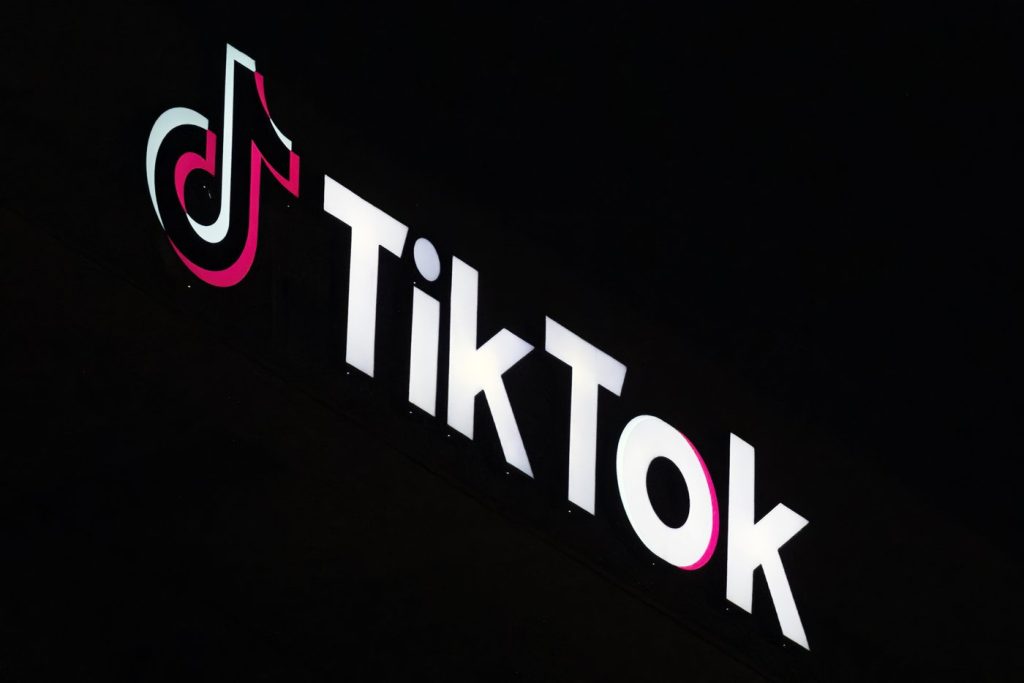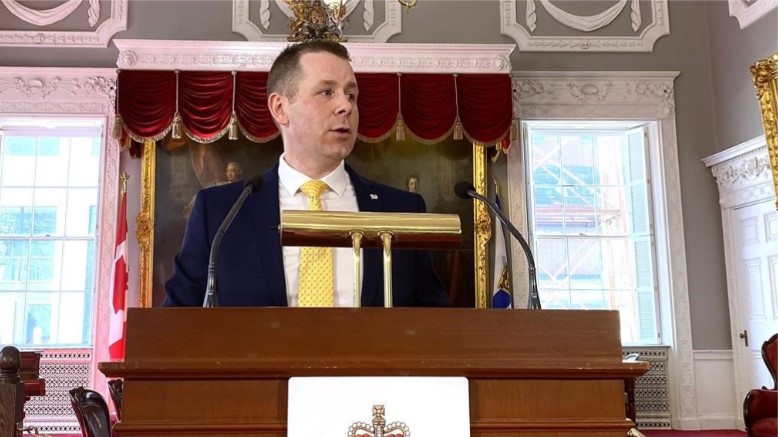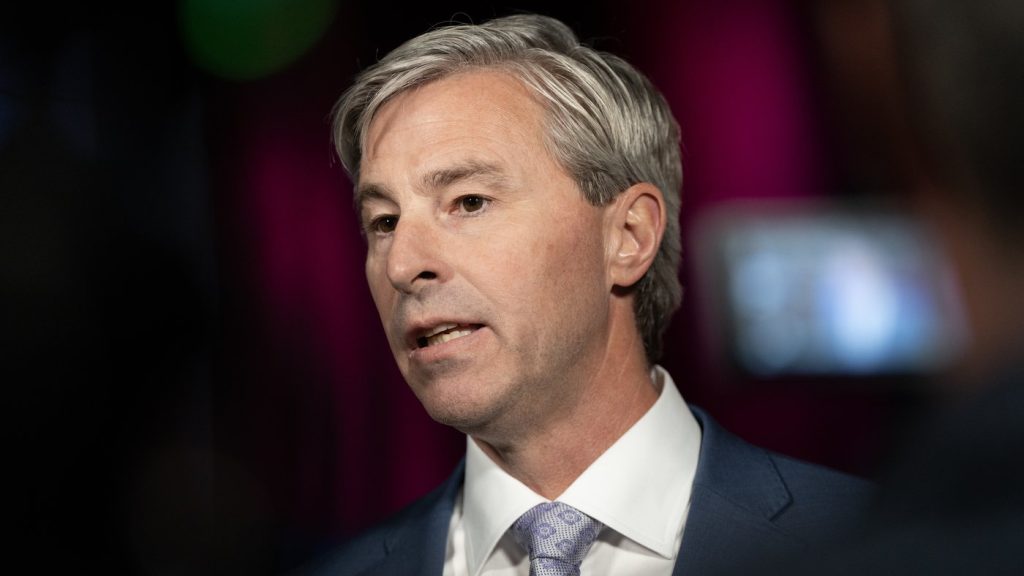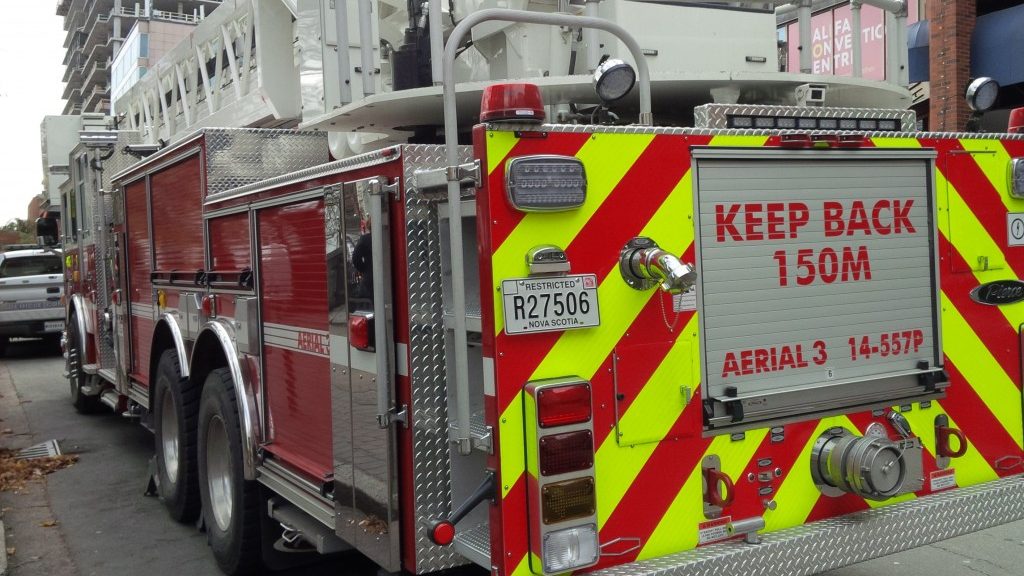The Supreme Court might let the U.S. ban TikTok unless it’s sold. Here’s what to know.

Posted Jan 10, 2025 04:00:19 PM.
Last Updated Jan 10, 2025 04:01:10 PM.
WASHINGTON (AP) — The Supreme Court seemed likely Friday to uphold the law that could ban TikTok, with most of the justices appearing to take seriously the national security risks posed by the wildly popular app whose parent company is based in China.
U.S. government says Chinese authorities could force the company to hand over sensitive data on its massive American user base or influence the spread of information on the platform through its proprietary algorithm.
TikTok says those concerns are overblown and the law should be struck down because it violates the First Amendment.
The law would ban TikTok in the U.S., unless it’s sold away from its Chinese parent company.
The measure is set to take effect Jan. 19, the day before a new term begins for President-elect Donald Trump, who has 14.7 million followers on the platform. The Republican says he wants to “save TikTok.”
Here are some key things to know about the case:
Is TikTok banned?
Not now, but the short-form video-sharing app could go dark in less than two weeks if the Supreme Court upholds the law, the app’s lawyer said.
Congress passed the measure with bipartisan support, and President Joe Biden, a Democrat, signed it into law in April.
TikTok’s lawyers challenged the law in court, joined by users and content creators who say a ban would upend their livelihoods. TikTok says the national security concerns are based on inaccurate and hypothetical information.
But a unanimous appeals court panel made up of judges appointed by both Republican and Democratic presidents has upheld the law.
When will the Supreme Court decide?
The court normally takes months to decide cases, but the justices could take action on this case within days, lightning-fast movement by court standards.
TikTok lawyers want the justices to step in before the law takes effect on Jan. 19, saying even a monthlong shutdown would cause the app to lose about one-third of its daily American users and significant advertising revenue.
But during oral arguments, conservative and liberal justices seemed more receptive to the government’s arguments that the danger was real and the law’s biggest effect is on the parent company ByteDance, a foreign corporation without First Amendment guarantees.
The justices, most notably Neil Gorsuch, still had tough questions from the government about how the law might affect free speech of the people who post on the app, and whether the government should be in the business of preventing the spread of misinformation.
What has Trump said about it?
Trump took the unusual step of filing court documents asking the Supreme Court to put the law on hold so that he could negotiate a deal for the sale of TikTok after he takes office. His position marked the latest example of him inserting himself into national issues before he takes office. It also was a change from his last presidential term, when he wanted to ban it.
Parent company ByteDance has previously said it has no plans to sell, though some investors are interested. Trump met with TikTok’s CEO last month.
When asked about whether a sale would be possible given a longer timeframe, TikTok’s lawyer said it would still be “exceedingly difficult.”
What could the case mean?
Free-speech advocates are worried about the implications of upholding the law.
Gautam Hans, law professor and First Amendment expert at Cornell University, said that concerns about data collection are valid but the way the law targets a single platform “creates a very slippery slope.”
Creators are worried too.
Felicia Jackson is the owner of CPRWrap in Chattanooga, Tennessee, which helps people perform CPR in emergencies. She said she nearly tripled her sales after going viral on TikTok. No other platform has let her reach people who are “not only diverse but extremely engaged,” she said.
“It’s hard enough running a cash-strapped small business without having to worry about losing the single social media platform that kept us from closing our doors,” she said. “I still have hope there’s a way to address their concerns without taking away something that’s been so impactful and a game changer for me and businesses like mine.”
___
Associated Press writer Haleluya Hadero contributed to this report, as well as Mae Anderson in New York and technology writer Barbara Ortutay in Oakland, California. Follow the AP’s coverage of the U.S. Supreme Court at https://apnews.com/hub/us-supreme-court.
Lindsay Whitehurst, The Associated Press








